Read on or listen to this post:
“We’ve cushioned every edge of life, then wonder why we’ve gone numb.”
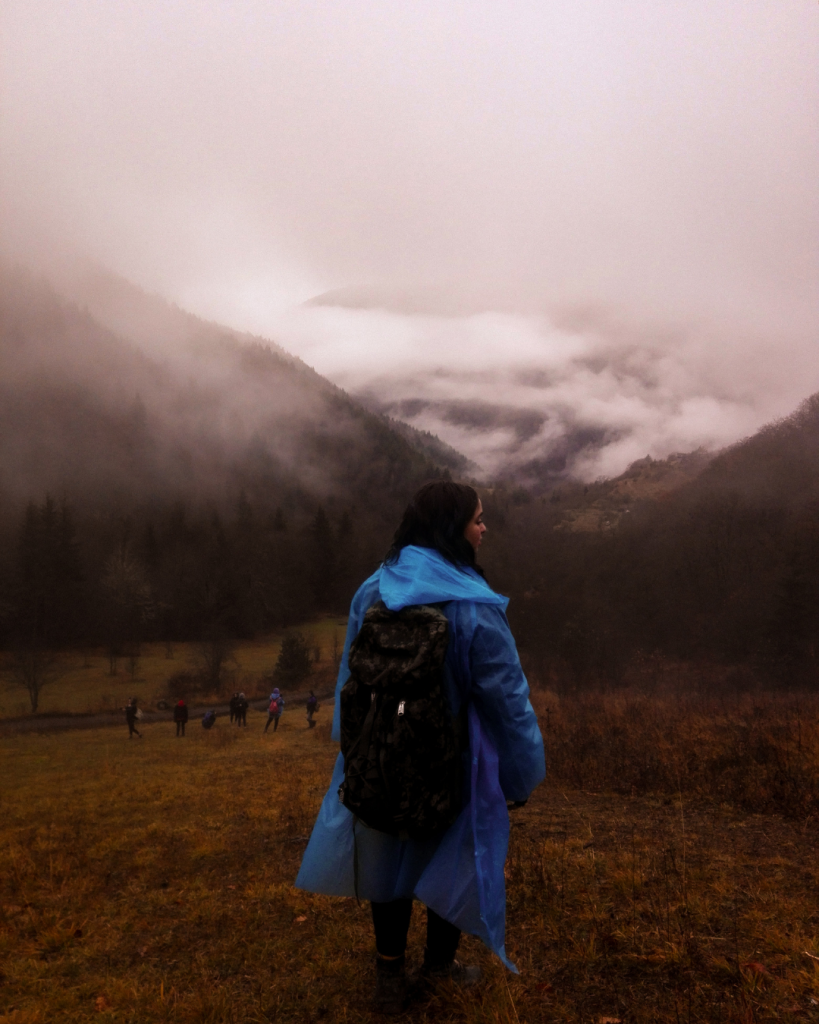
I brought this up during my last week’s yoga classes, and the room went quiet in that particular way that happens when something uncomfortably true lands. We were talking about the psychology behind “first world problems” – that phenomenon where our minds manufacture stress about WiFi speeds and coffee orders whilst millions face genuine survival challenges.
But here’s what struck me as I watched the recognition ripple across faces: this isn’t really about privilege guilt or comparing our problems to others’. It’s about understanding a fundamental quirk of human psychology that’s making us less resilient, not more, despite our unprecedented comfort.
The theory goes like this: the fewer genuine problems we have, the more our brains will find elsewhere. Most of them hollow, insignificant by any objective measure, but to us – in the moment – just as bothersome as real ones.
The Comfort Paradox
Research reveals something counterintuitive about human adaptation. We possess what psychologists call “hedonic adaptation” – our remarkable ability to return to baseline happiness levels regardless of positive or negative changes in our circumstances. Win the lottery or suffer a major setback, and within a year or two, most people find themselves back at roughly the same emotional starting point.
This adaptation mechanism served our ancestors well. It prevented them from becoming complacent after good fortune and helped them recover from inevitable hardships. But in our modern context, something strange has happened. We’ve eliminated most genuine challenges, yet our brains still require something to worry about, something to solve, something to overcome.
Dr. Paul Froese’s research on meaning in wealthy societies reveals a troubling pattern: people in the most materially comfortable countries are actually the most likely to report feeling that life lacks purpose. We’re not just physically comfortable – we’re existentially adrift, manufacturing problems to fill the void where genuine challenges once provided meaning.

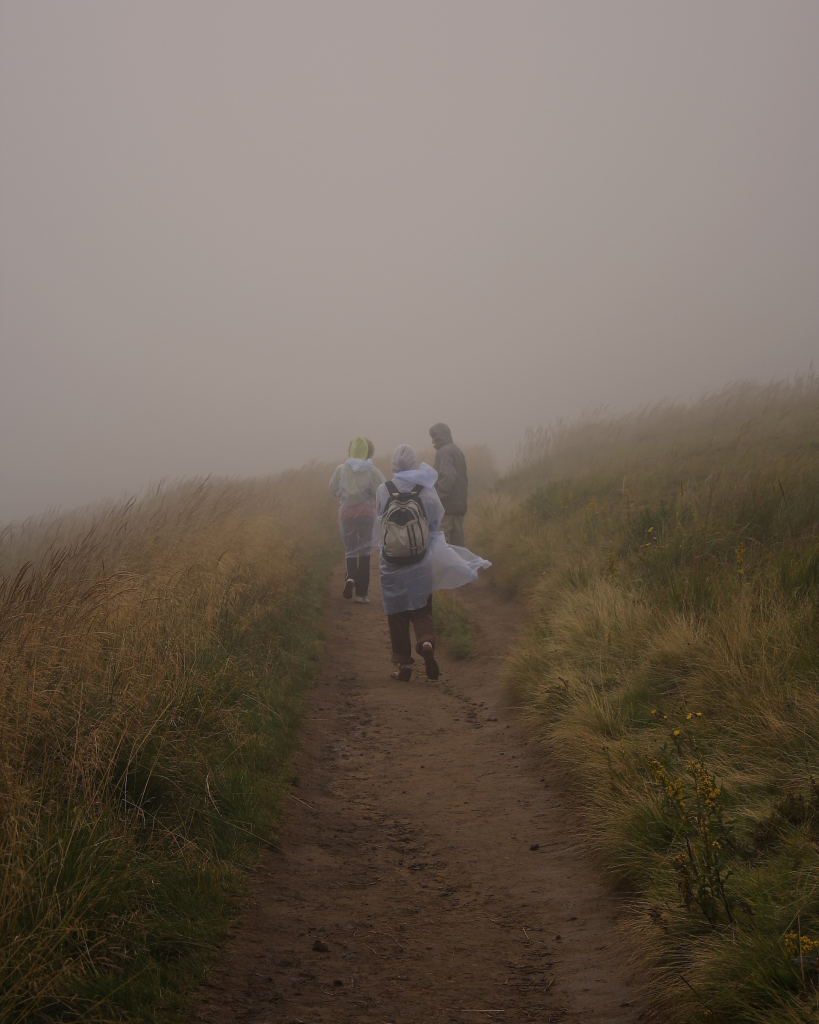
The Manufacture of Suffering
What we call “first world problems” aren’t really about privilege – they’re about psychological displacement. When we complain about slow internet during a Netflix binge or feel genuinely distressed about a delayed package delivery, we’re experiencing what psychologists recognise as misdirected stress responses.
Our nervous systems evolved to handle genuine threats: predators, food scarcity, environmental dangers. These systems haven’t had time to evolve for our current reality, where the biggest daily challenge might be choosing between subscription services. So the same physiological responses that once helped us escape lions now activate because our phone battery died.
The result? We live in chronic, low-grade activation – stressed about things that wouldn’t register as problems to someone facing actual survival challenges, yet unable to dismiss them because our bodies respond as if they were real threats.
The Adaptation Trap
Here’s where it gets interesting from a therapeutic perspective. Research shows that people in developing countries, despite facing genuine hardships, often report higher levels of community connection, purpose, and certain types of wellbeing than their counterparts in wealthy nations. They have real problems that require real solutions, fostering resilience, cooperation, and meaning.
Meanwhile, we’ve created what researcher Travis Langley calls “survival mechanisms misapplied in the modern world.” Our fight-or-flight responses trigger over traffic jams. Our stress hormones flood our systems because we can’t find the TV remote. We experience genuine psychological distress over inconveniences our great-grandparents couldn’t have imagined.
The hedonic treadmill ensures we never stay satisfied. Each comfort we achieve becomes our new normal, requiring ever-greater ease to provide the same sense of wellbeing. The luxury apartment becomes standard. The high-speed internet becomes insufficient. The convenient life becomes somehow insufficient.
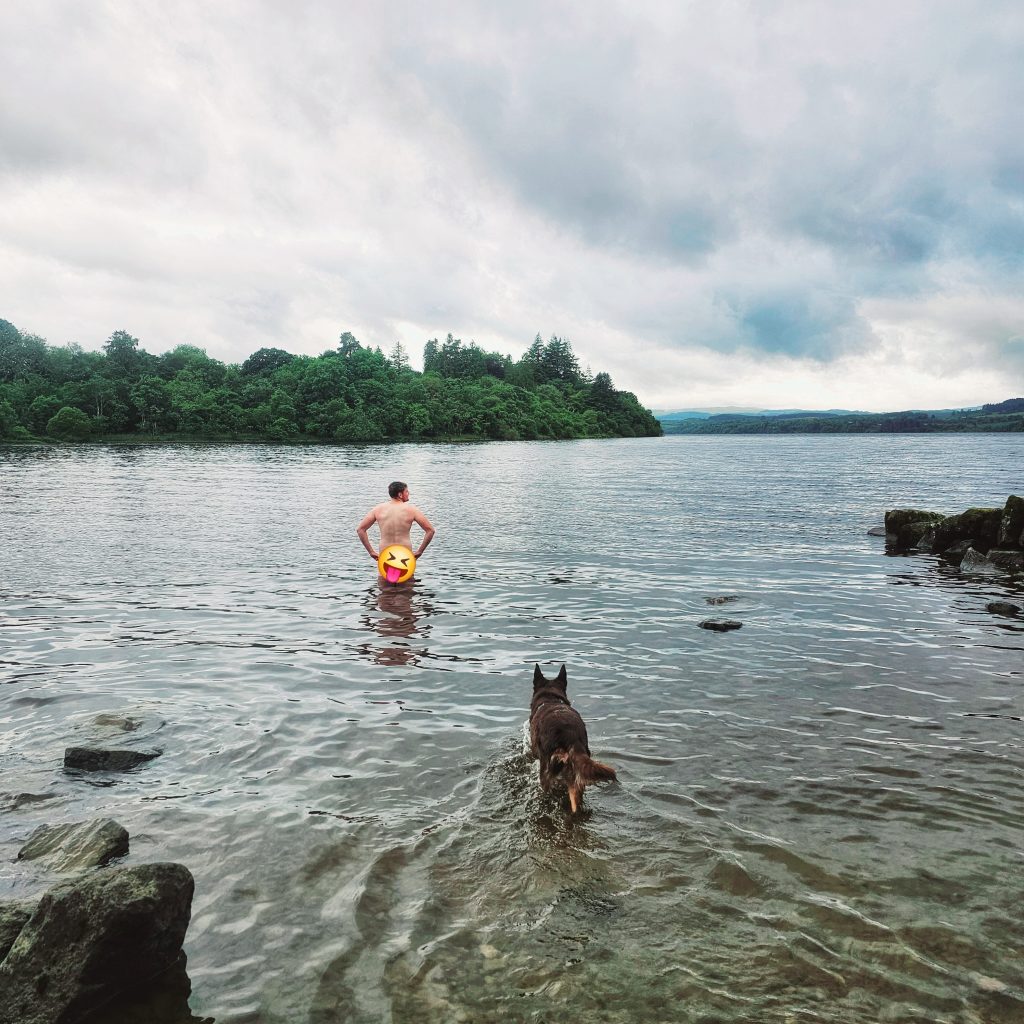
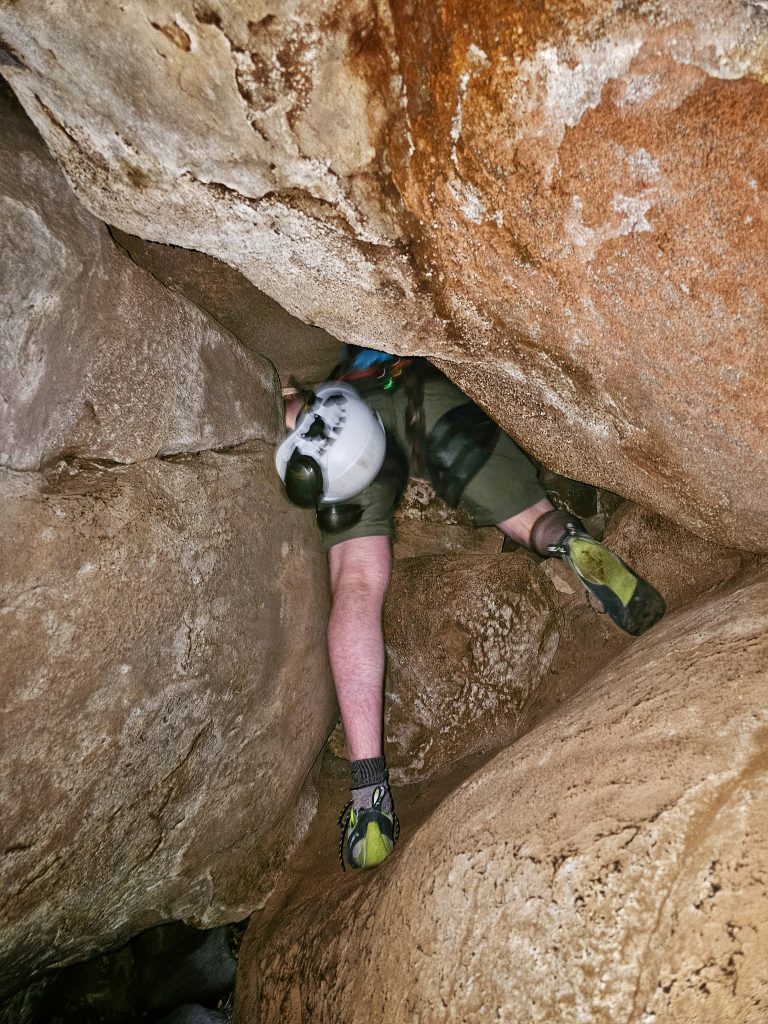
Why Discomfort Might Be Medicine
This is where my work with controlled discomfort becomes relevant – not as masochism, but as medicine for our manufactured suffering. When you’ve sat mindfully with genuine cold, learned to be present with honest hunger, or navigated uncertainty without immediately reaching for your phone, something shifts in your nervous system’s calibration.
Small inconveniences lose their power to destabilise you because you’ve proven to yourself that you can handle actual discomfort. The delayed train becomes a few minutes of unexpected stillness rather than a crisis. The slow service becomes an opportunity for patience rather than righteous indignation.
Research from Japan on “misogi” – the practice of choosing difficult challenges – shows that people who regularly expose themselves to controlled hardship develop what psychologists call “stress inoculation.” Having navigated genuine difficulty, they become less reactive to artificial stressors.
The Resilience We’ve Lost
What’s particularly troubling about first world problems isn’t their triviality, but what they reveal about our lost capacity for resilience. We’ve become so accustomed to immediate gratification and perfect conditions that any deviation feels catastrophic.
This hypersensitivity doesn’t serve us. Instead of becoming happier through increased comfort, we’ve become more fragile. Instead of finding peace through convenience, we’ve created new categories of suffering that didn’t exist before central heating and smartphones.
Psychologist Christine from the Wright Institute points out that these manufactured problems often mask deeper issues: “We don’t complain about waiting in line after a morning of good sex or rest or play. We don’t mind waiting when our lives are rich and full. But when we’re working ourselves ragged, neglecting our bodies or relationships, then five minutes of downtime brings our self-neglect too close to awareness.”
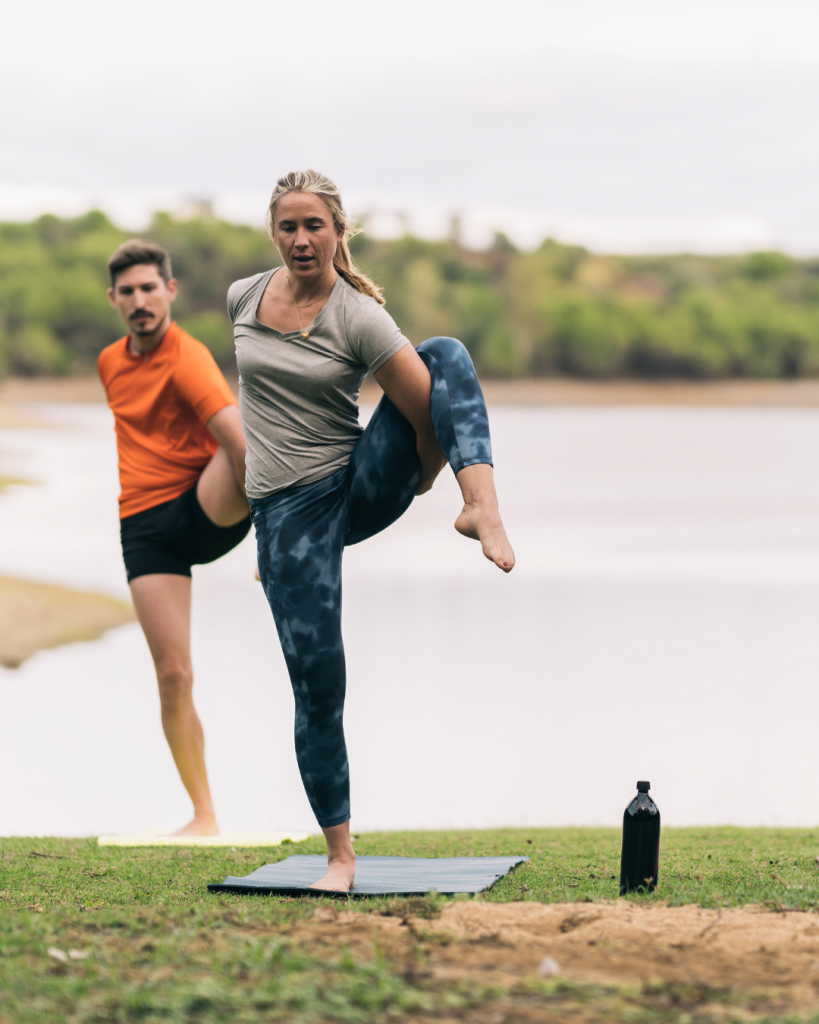
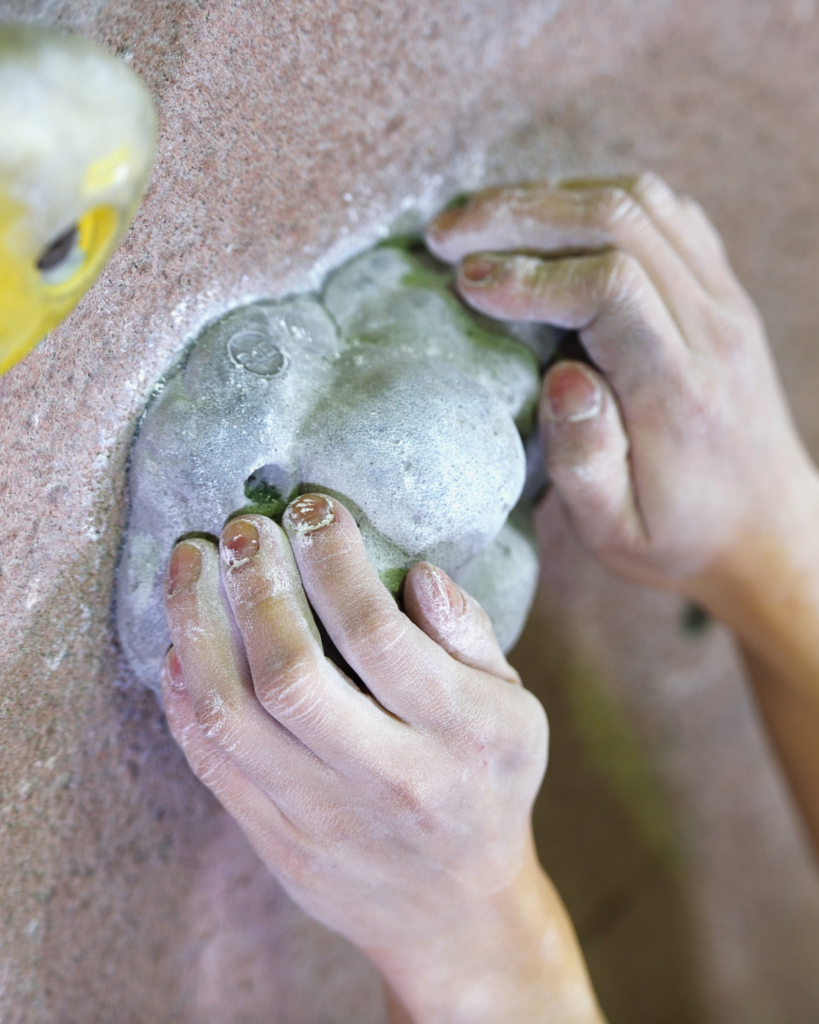
The Path Forward
The solution isn’t to feel guilty about our privileges or to manufacture fake hardships. It’s to understand that our pursuit of perfect comfort may be working against our psychological wellbeing. Some degree of manageable challenge, uncertainty, and yes, discomfort, appears necessary for optimal mental health.
This is why practices like cold water immersion, fasting, challenging physical activities, or spending time in genuinely wild places can be so therapeutically powerful. They restore proper perspective to our stress responses. They remind our nervous systems what genuine challenge feels like, making manufactured stressors less compelling.
When you’ve learned to breathe calmly while immersed in cold water, your body doesn’t launch into crisis mode because your coffee order was wrong. When you’ve sat peacefully with hunger for a few hours, you don’t experience genuine distress because your delivery is delayed.
A Different Kind of Comfort
Perhaps what we’re seeking isn’t more comfort, but a different relationship with discomfort. Instead of trying to eliminate all challenges, we might need to consciously choose which challenges we face, ensuring they’re meaningful rather than manufactured.
This doesn’t mean seeking suffering for its own sake. It means recognising that our carefully cushioned lives might be creating more psychological discomfort than the honest challenges they replaced. The discomfort of growth, of genuine effort, of earned rest – these feel different in our bodies than the artificial stress of first world problems.
The most comfortable people I work with aren’t those who’ve eliminated all difficulty from their lives. They’re those who’ve learned to dance with uncertainty, to find stillness within challenge, to remain centred regardless of external circumstances.
They’ve discovered that true comfort isn’t the absence of all problems – it’s the confidence that you can handle whatever problems arise. And that confidence can only be built through practice, through willingly engaging with controlled difficulty until your nervous system remembers what you’re actually capable of.
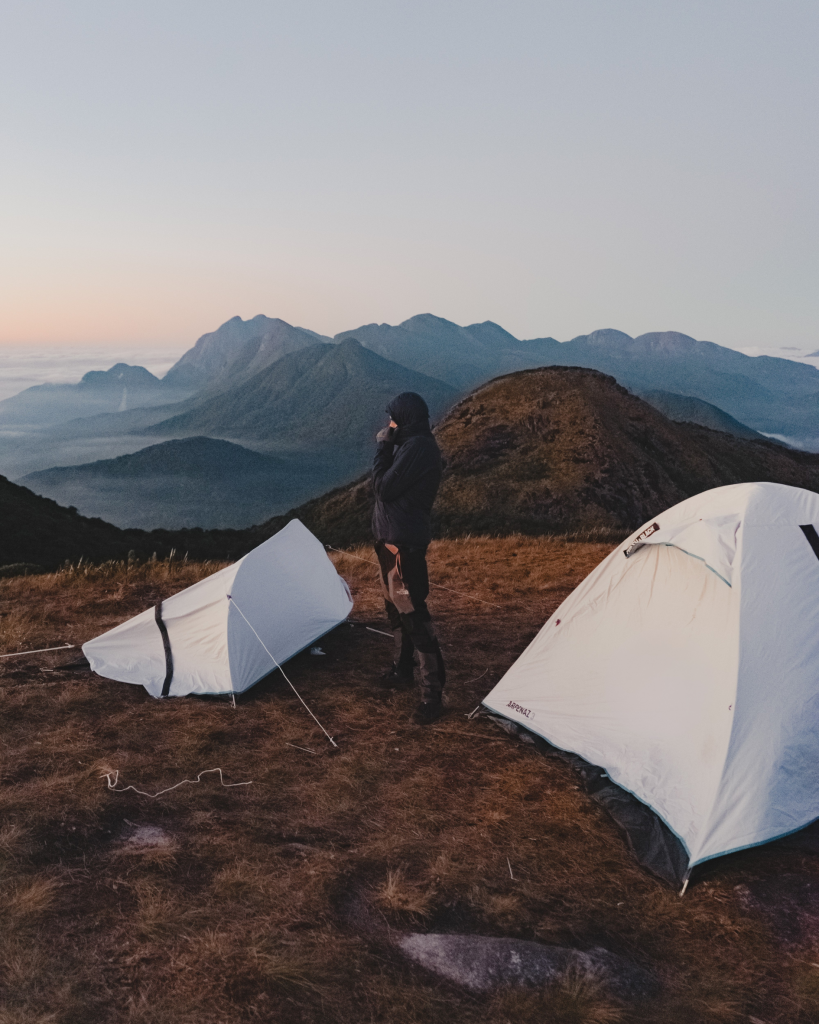
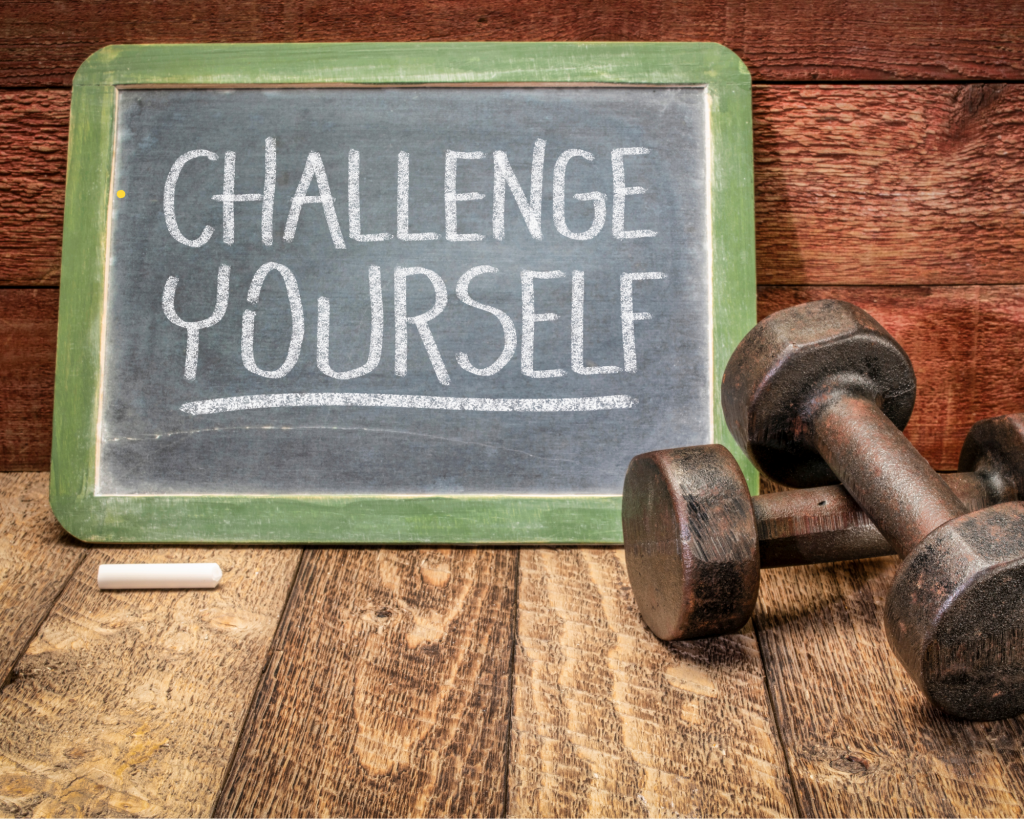
The invitation isn’t to reject the privileges of modern life, but to recognise that privilege without resilience is its own kind of prison. The way out isn’t through more comfort, but through remembering that we are far more adaptable, resourceful, and strong than our cushioned lives have allowed us to discover.
If you’re curious about exploring your own relationship with comfort and challenge, there are many ways to begin building genuine resilience. The key is choosing your discomfort consciously rather than letting modern life manufacture it for you.

No responses yet